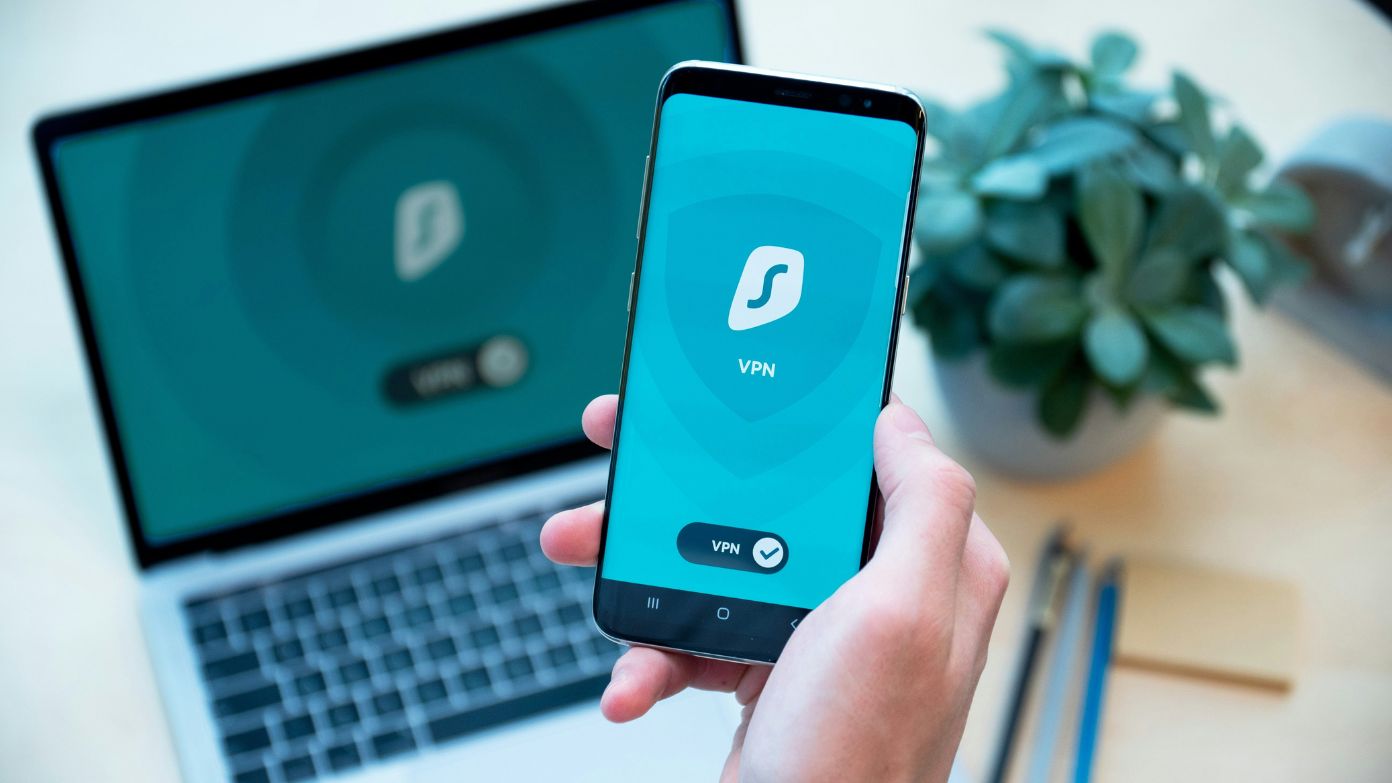Finding a cheap flight feels like winning the lottery. That is why so many people online swear that using a VPN can slash airfare prices. The idea sounds tempting—you change your location online, and suddenly you see cheaper tickets. But does it actually work? Let us walk through the facts.
How does a VPN work for booking flights
This means a VPN is a way for you to conceal your real location online. Usually, websites follow some activities from your home location – say you are accessing from Chicago, for example. On the other hand, the client might want to make it appear that they are in Mexico or India.
This is because the airline or booking sites may have discriminatory pricing for people residing in different localities. By spoofing your location, you are hoping to be allowed to access these regional discounts.
In past years, there have been cases where it worked; that time is now behind us.
Read more:
If you invested $1,000 in Netflix 10 years ago, here’s how much you would have today
Does a VPN vpn really make flights cheaper
The short answer is: not really.
When tests were run across sites like Google Flights, Kayak, and Skyscanner using VPNs in over a dozen countries, the prices barely moved. In most cases, the ticket costs were exactly the same or only slightly different—certainly not enough to call it a hack.
Airlines and booking platforms have become very good at spotting when someone is trying to trick the system. They use more than just your IP address (location) to calculate prices.
How airlines actually track your location
Even if you use a VPN, airlines have other ways to know who you are and where you are booking from.
Here are some of the main tools:
- Cookies and trackers: These collect data on your browsing habits.
- Credit card information: Your payment method usually ties back to your real location.
- GPS on mobile devices: Apps can read your phone’s true location.
- Account details: If you are logged into an airline loyalty account, they know your home country.
That means simply changing your IP address is not enough to fool them.
Read more:
What went wrong with Zuckerberg’s AI glasses? Smart Ray-Bans glitch at Meta Connect
What are the risks of booking flights with a VPN
Even if you manage to score a cheaper ticket, a VPN could easily prove counterproductive. Here are some situations that may come up:
- Fearing a fraud, your bank might block a suspicious payment coming from an unknown location.
- A ticket issued to you in another language could be a source of confusion at the airport.
- A mismatch between your booking location and your personal details might result in the cancellation of your ticket at the airport.
Imagine thinking you got a great deal, and then the ticket was canceled on you just before your trip. Seriously, that tiny bit of saving is not worth the stress.
Better ways to actually find cheap flights
The good thing is, you can still save some monies on flights-but not via a VPN. Instead, here are some proven tips:
- Be flexible about your travel dates since prices vary across days.
- Use price alert tools on sites like Google Flights or Kayak.
- Check nearby airports, not just the main one in your destination.
- Travel light to avoid checked bag fees
- Consider budget airlines or flights with longer layovers.
You can also sign up for deal-finding services like Going.com (formerly Scott’s Cheap Flights). These services send you alerts when airlines quietly drop prices, and while some plans cost money, even the free version can help if you fly now and then.
Recommended:
Google told to pay $425 million in privacy violation suit: are you eligible for a payout?
Bad news for flyers: struggling budget airline slashes quarter of flights
What happened at San Diego airport? Why was the runway at San Diego International closed?

